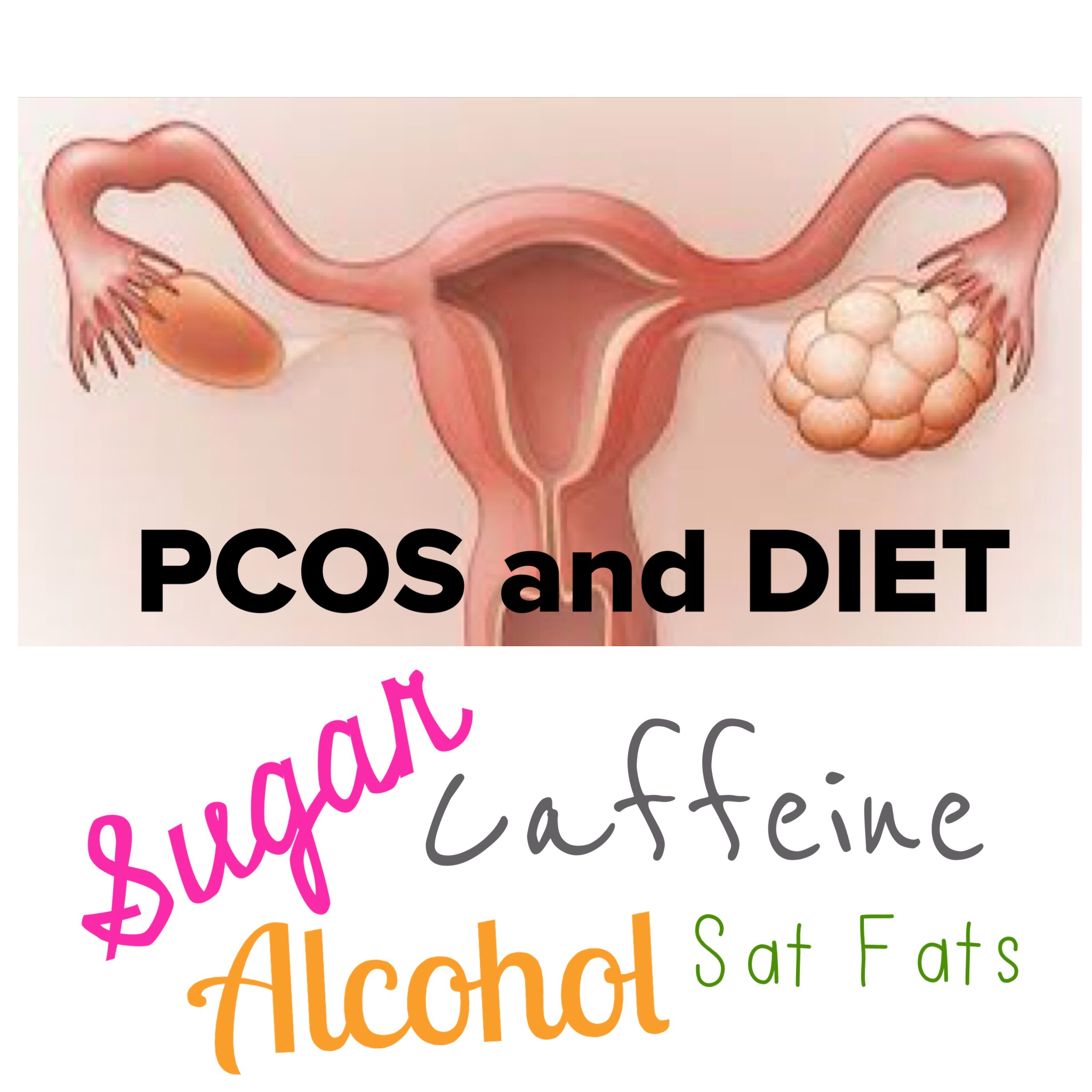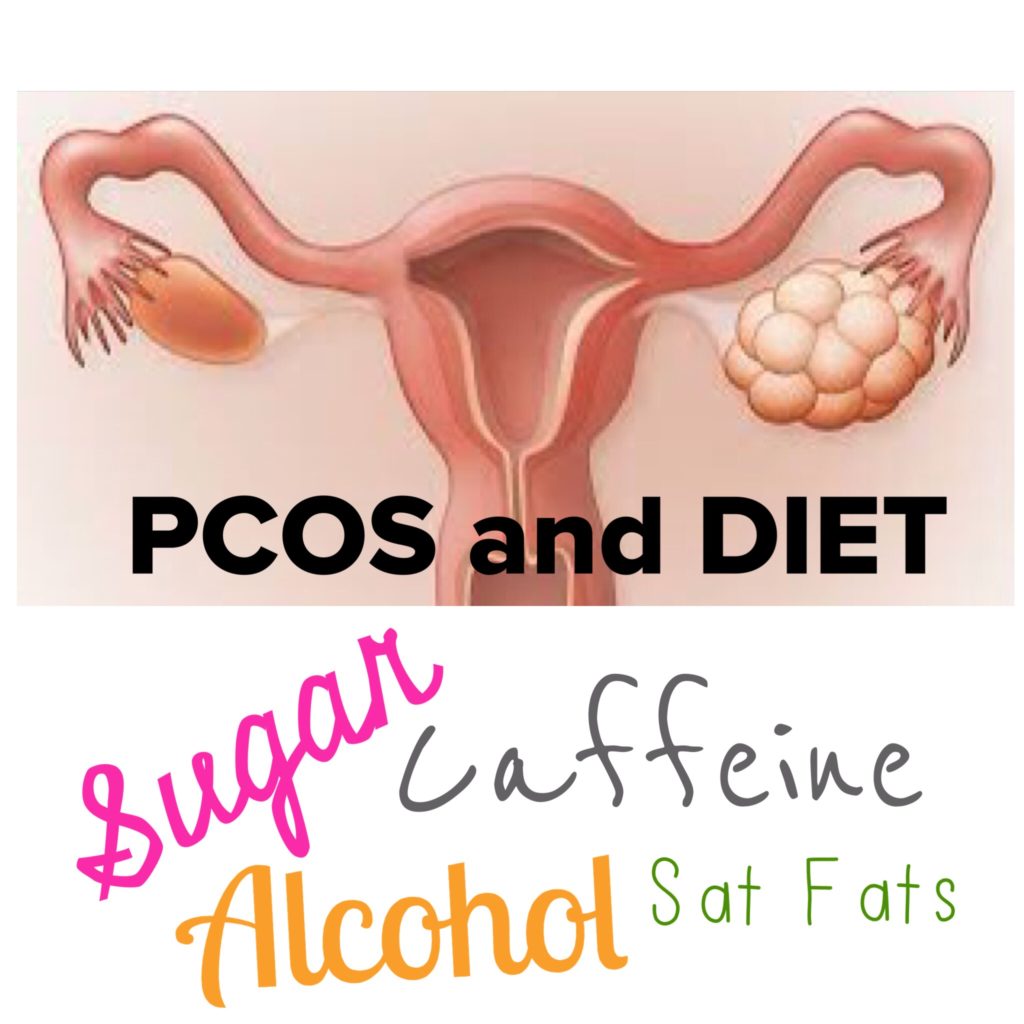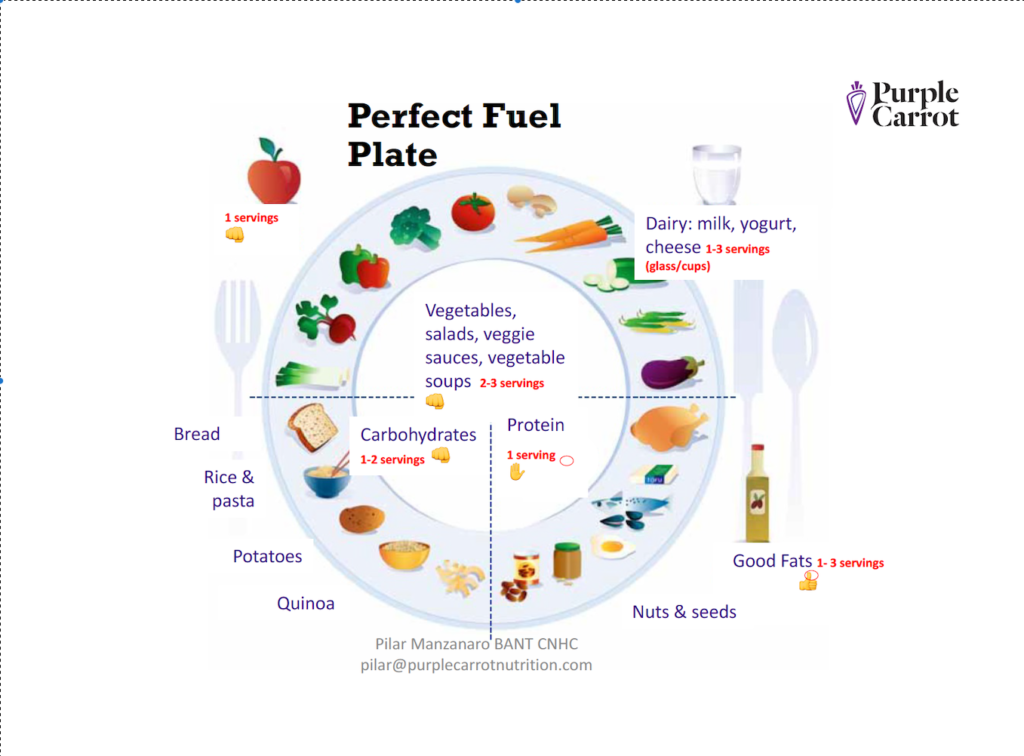

Polycystic Ovaries (PCO) occurs when a large number of eggs is developed each month which do not mature. Polycystic Ovaries Symptom (PCOS) is when PCO leads to symptoms like anovulation, irregular or no periods, heavy painful periods, hirsutism and weight weigh.
PCO/PCOS and insulin resistance are intrinsically linked and the majority of women with PCOS suffer from insulin resistance too.
Insulin is produced by the pancreas and is the hormone that controls our blood-sugar levels by taking glucose from food to our cells to produce energy. The more sugar or refined carbs like white pasta, rice or bread we consume, the more insulin we required and the higher the risk of insulin resistance.
Unbalanced high-carbohydrate meals can also increase our insulin demands.
When our cells are less sensitive to insulin, blood sugar levels increase and the pancreas secrets more insulin to try and level the sugar levels. When cells are not responsive to insulin, we enter insulin resistance which, if not addressed with diet and potentially medication, can lead to diabetes type 2.
PCOS is triggered by excess testosterone and high levels of insulin boost testosterone production in the ovaries.
High insulin also stimulate LH production/decrease FSH which feed PCOS and reduce sex-hormone binding globulin (SHBG), which perpetuates high testosterone levels.
High insulin is linked to excess weight and being overweight can decrease insulin sensitivity so keeping a healthy weight can help too.
REDUCE SUGAR AND REFINED CARBS
Sugar and refined carbs require high levels of insulin to be transported into cells which can increase your testosterone levels
COMPLEX CARBS AND WELL BALANCED MEALS
Switch to complex carbs, have them as part of a balanced meal with protein (beans, chicken, fish) and good fats (nuts seeds, olive oil, oily fish) and reduce sugar to the occasional treat

FATS
Reduce saturated fats (fatty meats, dairy, processed foods) and increase omega 3 fats (salmon, mackerel, sardines, walnuts, flax and chia seeds) Increase monounstrated fats like those in avocado, olive oil and almonds
EXERCISE
Exercise and movement are important as they increase insulin sensitivity. Walking instead of driving whenever you can and exercising twice a week can help control PCOS.
CAFFEINE and ALCOHOL
Stimulants like caffeine and alcohol can reduce insulin sensitivity and worsen PCOS symptoms, so reduce as much as you can and switch to green tea
OTHER NUTRIENTS
Add cinnamon to your daily routine as it can help boost insulin sensitivity. Add to your mules, smoothies or curries.
Chromium in meat, nuts and seeds and wholegrains potentiates the action of insulin, so ensure you follow a varied diet include the above foods.
Vitamin B6 deficiency increases the body’s sensitivity to testosterone which can promote PCOS symptoms, so ensure you have wholegrain cereals, wheat bran and germ, meat and chicken, as well as lentils, avocados and bananas, asparagus, broccoli, cauliflower and green leafy vegetables
Vitamin D deficiency reduces calcium absorption and low calcium levels can impact egg maturation in PCOS
Hope this all makes sense but if it doesn’t or you have any questions, please get in touch!